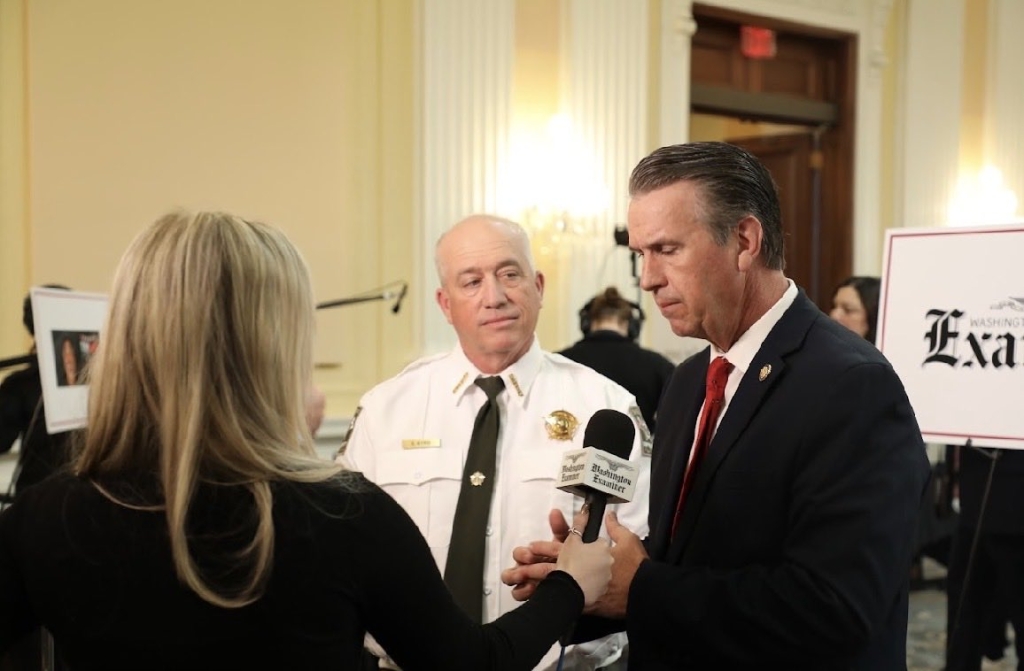The road to post-pandemic economic recovery hasn’t been easy. For over a year, I’ve worked tirelessly to keep our economy moving and keep small businesses open. While our work is far from complete, I am confident we will get the job done. Whether we get any help from Washington, however, is another question.
Right now, all eyes aimed at D.C. are focused on the Democrats’ $3.5 trillion spending bill. It’s good to keep an eye on that mess, but the taxes in that legislation are not the only threat on the horizon. There’s another bill aimed at changing the Federal Claims Act (FCA), that threatens business too.
The FCA traces its history to the Civil War. It was used by President Lincoln and others to prosecute unscrupulous contractors that sold the Union Army fraudulent goods like faulty guns. The statute is the government’s primary weapon to fight contracting fraud, and it includes several incentives to encourage private actors to bring cases against businesses that cheat the government.
The FCA was last in the news in 2016 when the Supreme Court issued a unanimous ruling that raised the bar on what kind of cases could be brought under the FCA. The court found that the FCA was not for “garden-variety fraud” or “technical violations.” Instead, the Court clearly articulated that the FCA was reserved for cases where fraud is material and meaningful. The Court’s decision was praised by many who believed the FCA was being abused by trial lawyers and other bad actors to pursue large judicial paydays against businesses that engaged in minor technical violations but had no intention of defrauding the government.
Statistics from the Department of Justice suggest the Supreme Court’s decision has not hampered the ability of the government to root out fraud and deliver justice for taxpayers. In the five years since the decision, the government has recovered more than $11 billion in FCA settlements and judgments.
Curiously, a few Senators in Washington have gotten together this year and decided the unanimous Supreme Court was wrong. Senators Chuck Grassley (R-IA) and Patrick Leahy (D-VT) have introduced amendments to the FCA that would lower the bar under which lawsuits can be brought and once again open the gates to potential abuse. Their bill would result in many more contractors having to defend themselves against costly lawsuits for things like using a rubber-stamp to sign paperwork instead of an electronic signature. As the Supreme Court ruled, these kinds of technical violations are not what the FCA is for.
If Senators Grassley and Leahy succeed, the consequences for our economy could be severe. To fight the pandemic, the government has issued billions in new contracts over the last two years. Medical suppliers, hospitals, and small businesses across the country have received government funds to fight the pandemic. These are exactly the kind of businesses that are likely to be targeted with new lawsuits if FCA is weakened. The temptation for jackpot justice will be too hard to resist for trial lawyers who will have new freedom to bring suits.
Weakening the FCA would leave key industries open to needless liability and hurt them financially. I call on Alabama’s U.S. Senators to stand with our country’s small businesses and against a weaker FCA.
Debbie Wood is a small business owner that also serves as State Representative in House District 38, representing Chambers and Lee Counties.













